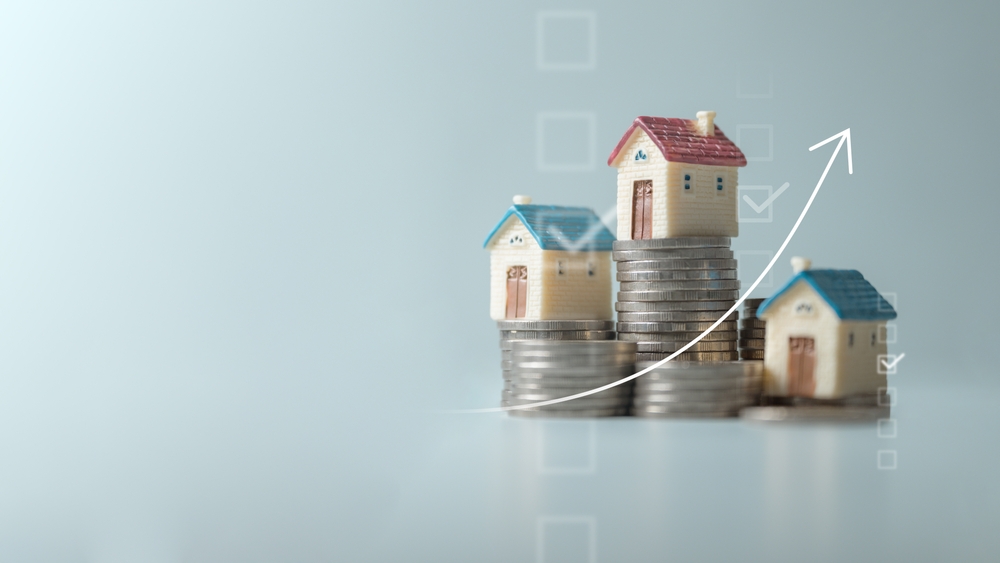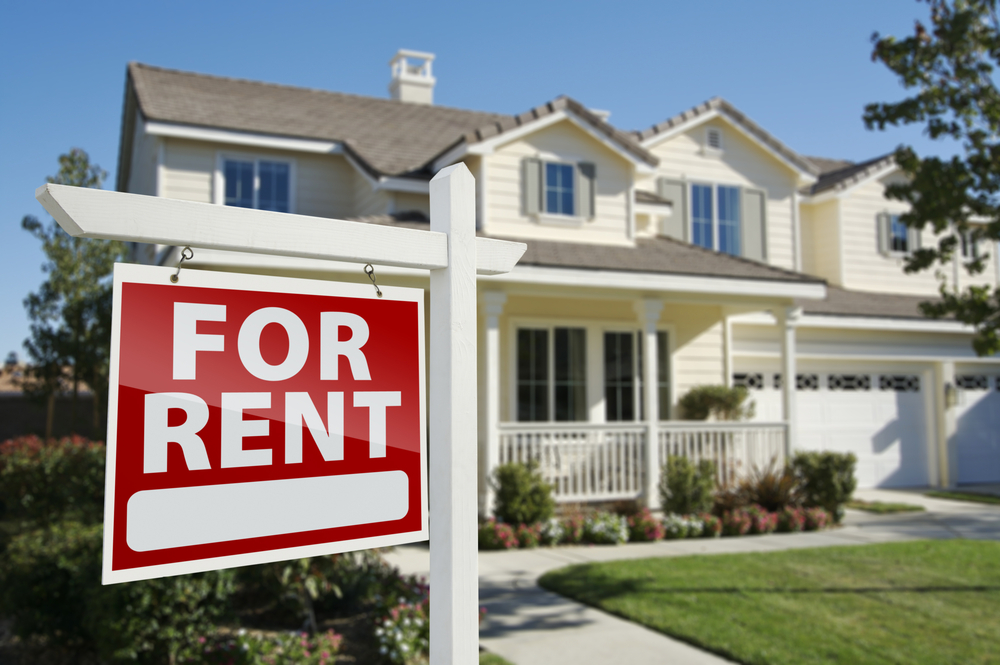
This article explores five surprising landlord liabilities and offers strategies for mitigating risk, ensuring compliance, and maintaining tenant safety.
Landlords are often surprised to learn they can be held liable for injuries caused by a tenant’s dog—particularly if they knew the dog had a history of aggression or had previously bitten someone. Even if you didn’t directly approve the pet, your awareness and failure to act can create legal exposure.
Landlords may be held accountable if they fail to take reasonable precautions to prevent foreseeable crimes on their property. Courts have held landlords liable for not addressing known security issues—such as broken locks or inadequate lighting—that led to harm. In some cases, landlords have also faced consequences for allowing tenants to engage in criminal behavior, including drug activity.
Every year, thousands of children are injured falling from windows—many of which have screens that are not designed to prevent falls. Landlords may be held liable, especially if the window was unusually low, the screen was damaged, or safety concerns had been raised but not addressed.
Secondhand smoke can lead to health complaints, habitability claims, and even lawsuits—particularly if a tenant has a disability such as asthma or another respiratory condition. Courts have recognized secondhand smoke as a nuisance and a potential breach of the implied warranty of habitability, which requires landlords to maintain safe living conditions.
Bedbug outbreaks are on the rise, and landlords may be legally responsible for extermination and related costs—especially if they delay action after being notified. In some jurisdictions, landlords are automatically liable for pest control under housing and habitability laws.
While these landlord liabilities may seem uncommon, they are very real and can have significant financial and legal consequences. Being proactive—by updating lease agreements, conducting thorough tenant screenings, scheduling routine inspections, and responding quickly to maintenance and safety concerns—can help prevent costly disputes and ensure compliance with state and local laws.
Keep in mind that landlord-tenant laws vary by jurisdiction, so it’s always wise to consult with a real estate attorney before making major policy changes or revising lease documents. An experienced property management company can also be a valuable resource for navigating these risks while ensuring your property remains compliant and profitable.
Conclusion: Partnering with the Right Management Company
Understanding and addressing hidden landlord liabilities is key to successful property ownership. A qualified property management partner can help you stay compliant, protect tenants, and avoid costly mistakes. Gordon James Realty specializes in comprehensive property management services that reduce legal risk and enhance property performance. Learn more about our residential property management services or contact us today to discuss how we can support your investment goals.

Discover 7 creative ways to finance rental property without traditional loans and learn how investors build portfolios with flexible strategies.

Learn how to rent out your house with expert tips on preparation, pricing, marketing, tenant screening, and management for new landlords.
We're proud to make partnering with us easy. Contact our team to connect with one of our industry experts and get started today.